Recently, at the seminar "Improving the law to control new tobacco products - From practice to policy", delegates emphasized that protecting people's health is a consistent goal in all tobacco-related regulatory policies. Strictly controlling new tobacco products - including e-cigarettes and heated tobacco products - not only contributes to preventing harm to young people, but is also a practical action to reduce the burden of disease for the whole society.
However, the concept of new tobacco products is not clearly defined in the 2012 Law on Prevention and Control of Tobacco Harms and related legal documents. This makes it difficult for competent authorities to determine the level of penalties for acts of trading, transporting, storing, smuggling, manufacturing, and advertising new tobacco products.
Therefore, it is necessary to amend the Law on Prevention and Control of Tobacco Harms and related legal documents to effectively implement Resolution 173/2024/QH15. At the same time, consider related laws to complete a synchronous and transparent legal framework.
Tobacco is an industry that involves many groups of people, from smokers, the community (non-smokers, young people), businesses, investors, farmers growing raw materials, to tourists , foreign workers residing in Vietnam, etc. Therefore, amending the law also needs to consider the harmonious interests of all parties, because all groups have reasons to be protected, from young people to smokers, as well as investors and businesses currently participating.
In order for the amendment of laws and related legal documents to be effective, closely linked to practice, as well as balanced and harmonized with the needs and interests of all parties, a comprehensive policy impact assessment report on relevant subjects is needed.
Mr. Le Dai Hai, Deputy Director of the Department of Civil and Economic Law, Ministry of Justice
From a legal perspective, recalling the content of the Law on Prevention and Control of Tobacco Harms 2012 (Law on Prevention and Control of Tobacco Harms), Mr. Le Dai Hai, Deputy Director of the Department of Civil and Economic Law, Ministry of Justice analyzed: The concept of "tobacco" is defined as "a product made entirely or partly from tobacco ingredients, processed in the form of cigarettes, cigars, shredded tobacco, and pipe tobacco" and also includes "other forms" - something that lawmakers have planned for future changes.
Therefore, "heated tobacco products fully meet the criteria of the Law on Tobacco Control. Traditional tobacco products and heated tobacco products differ only in the tools used to support smoking," Mr. Hai affirmed.
However, in reality, with the view of protecting the health of all people, the National Assembly has passed a Resolution banning new tobacco products. Therefore, according to Mr. Le Dai Hai, the responsibility of relevant ministries and branches is to institutionalize the policies of the Party and the National Assembly into law.
First is to amend the Law on Prevention and Control of Tobacco Harms. At the same time, amend the list of the Investment Law, including two lists: Prohibited goods and goods allowed for conditional business.
Representing the Ministry of Industry and Trade, Mr. Tran Thanh Trung, Department of Consumer Industry and Food, Department of Industry also emphasized that it is necessary to adjust relevant laws and legal documents to clearly distinguish between new groups of cigarettes, in order to put Resolution 173 into practice.
Currently, the Ministry of Industry and Trade has closely coordinated with the Ministry of Health and the Ministry of Justice to soon define these two types of products, creating a legal basis for synchronous institutional and transparent management.
According to Mr. Le Dai Hai, the world is still divided into two extremes of banning and managing heated tobacco products. However, reality has shown that developed countries do not ban this product but put it under conditional control. In addition, most of the businesses participating in the new tobacco sector are mainly foreign investors, so it is also necessary to consider the impact on the investment environment in the future.
In addition, Mr. Le Dai Hai further analyzed that the subjects affected by the ban also include the tourism industry. Specifically, many foreign tourists have the habit and are allowed to use new cigarettes in the host country. When they come to Vietnam and have their products recalled or confiscated, they will consider the possibility of returning.
Therefore, Mr. Hai recommended: "Policy issues need to be considered from diverse perspectives, from economic impacts, synchronizing the legal system and harmonizing the interests of all parties to come up with the most optimal solution."
Dieu Anh
Source: https://baochinhphu.vn/can-hoan-thien-khung-phap-luat-de-kiem-soat-thuoc-la-moi-102250604160114054.htm


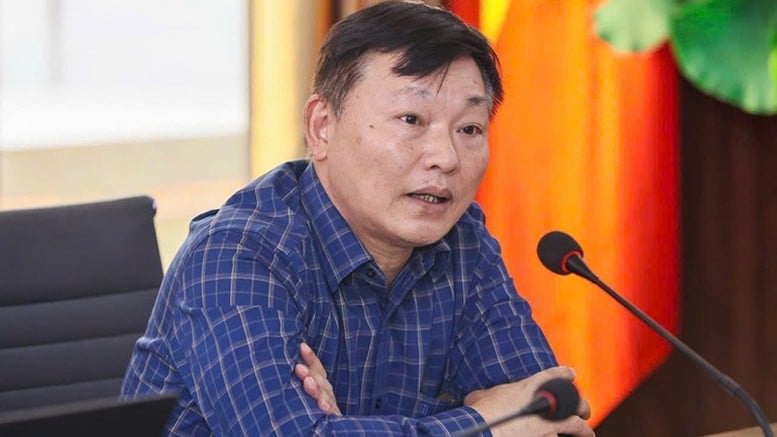












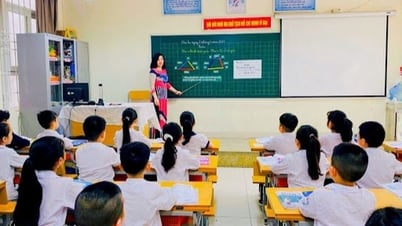








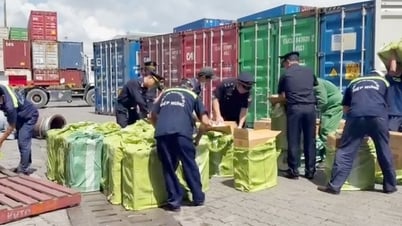



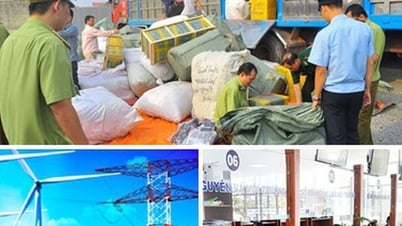


![[Photo] Nearly 104,000 candidates in Hanoi complete procedures to take the 10th grade entrance exam](https://vphoto.vietnam.vn/thumb/1200x675/vietnam/resource/IMAGE/2025/6/7/7dbf58fd77224eb583ea5c819ebf5a4e)




























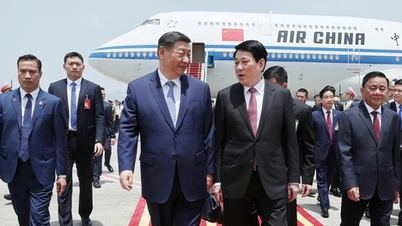
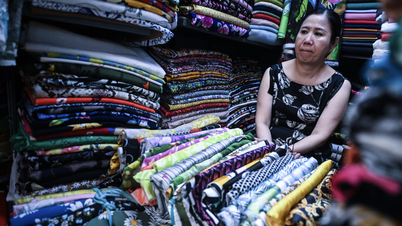



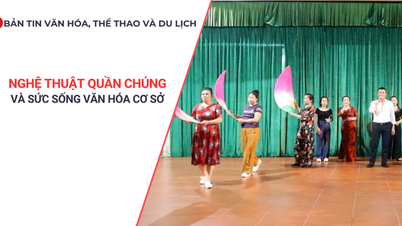




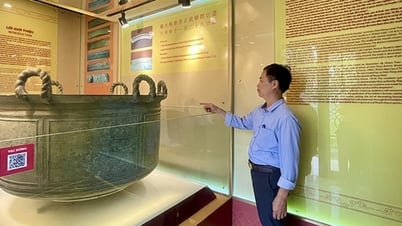

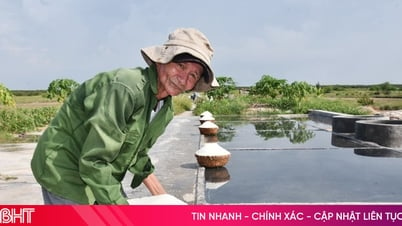

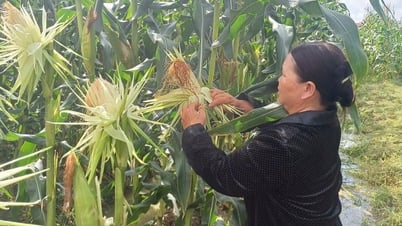



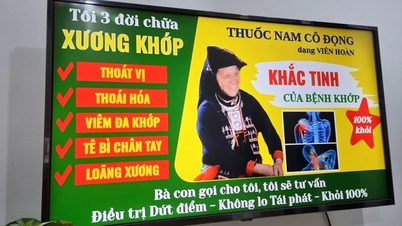



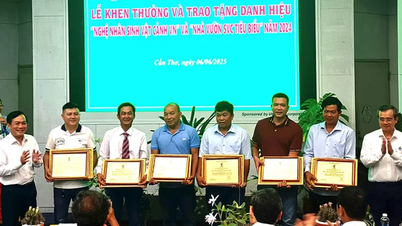








![[OCOP REVIEW] Tu Duyen Syrup - The essence of herbs from the mountains and forests of Nhu Thanh](https://vphoto.vietnam.vn/thumb/402x226/vietnam/resource/IMAGE/2025/6/5/58ca32fce4ec44039e444fbfae7e75ec)







Comment (0)